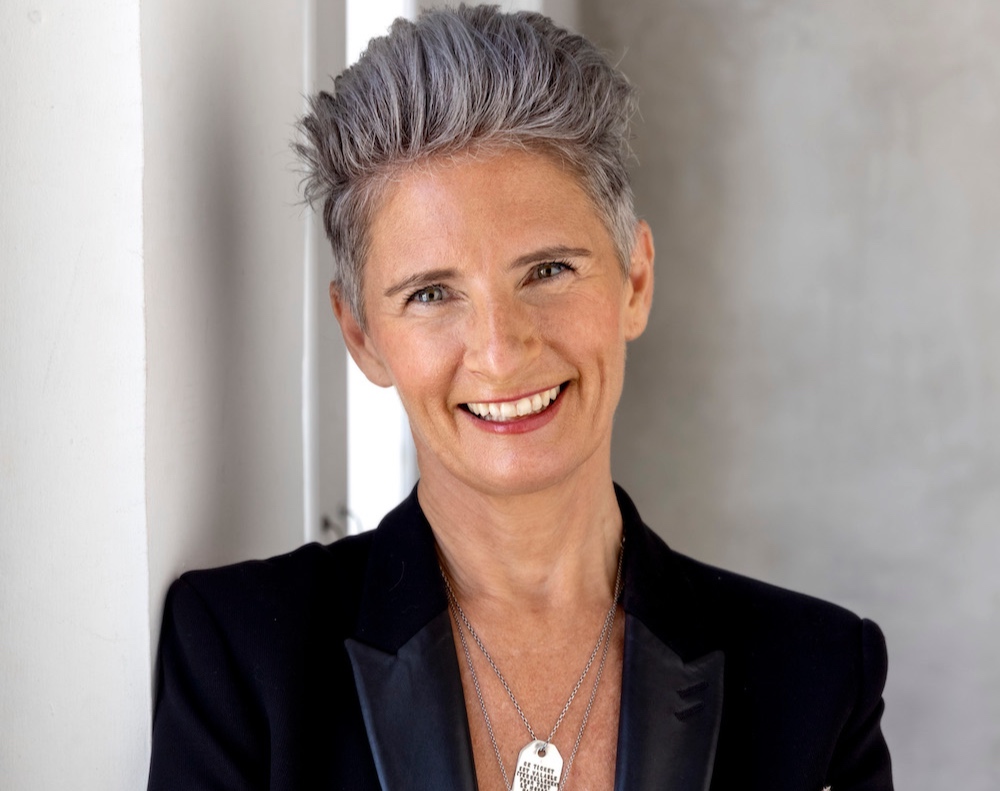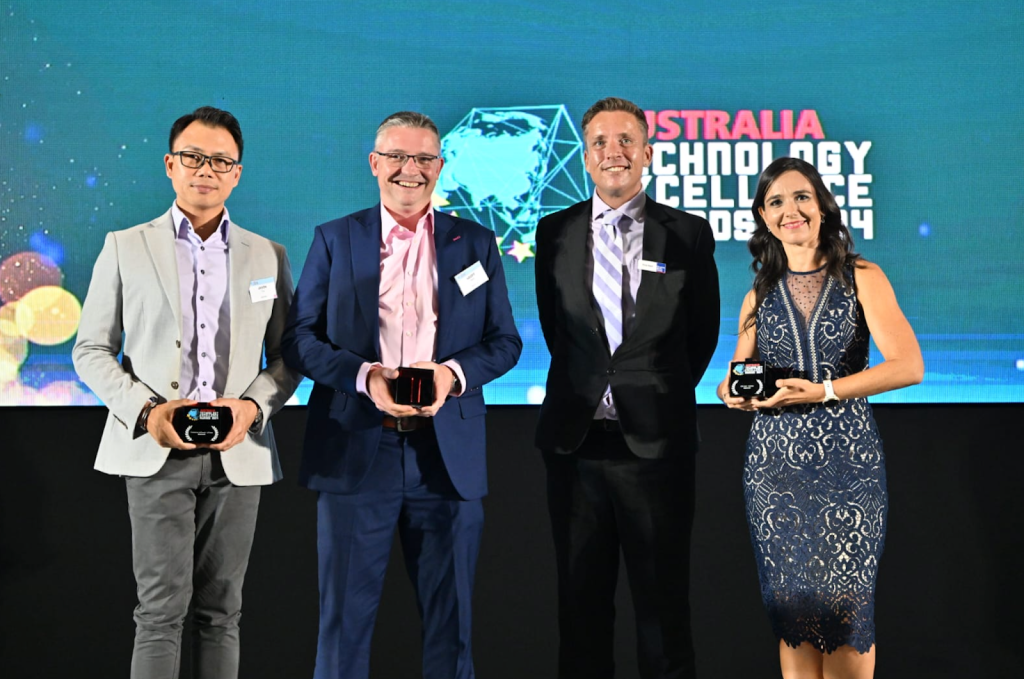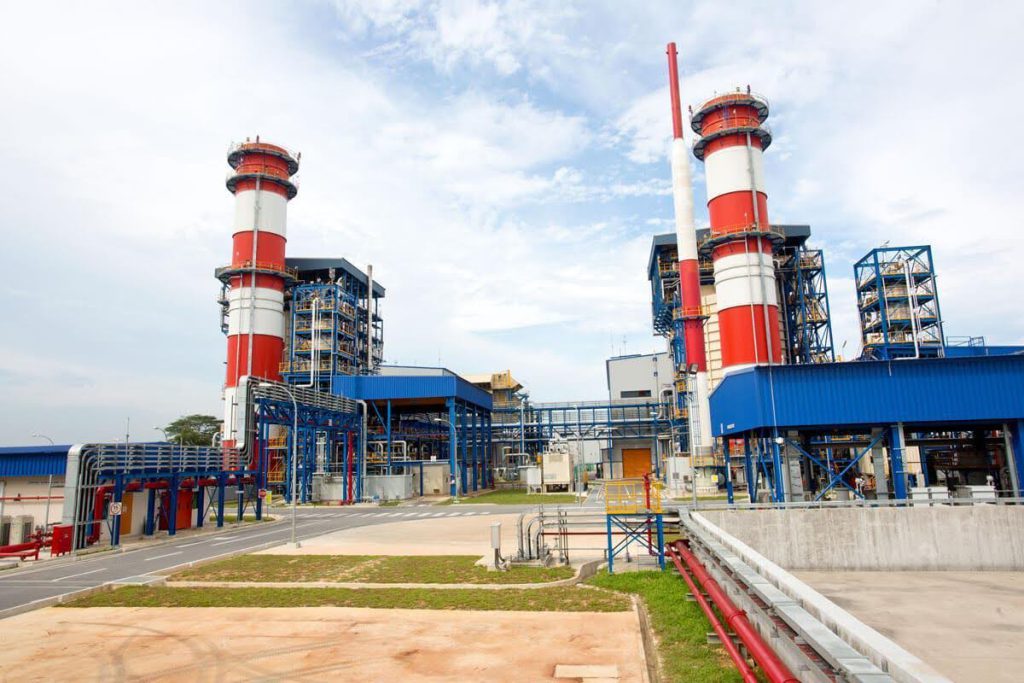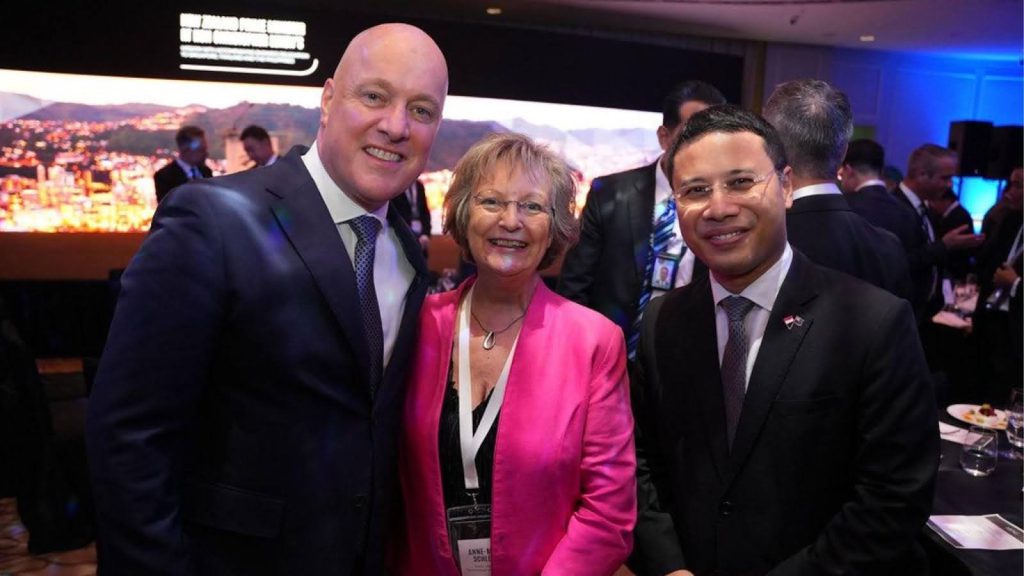Building tech for good: How S’pore and New Zealand are partnering for a greener future
Beyond cleantech, partnerships between Singapore and New Zealand can drive impact in sectors such as healthtech and edtech, to name a few.

[This is a sponsored article with the New Zealand Trade & Enterprise.]
As reports of extreme weather conditions and climate events become increasingly common, the urgency to address climate change has never been more pressing.
For Singapore, the stakes are especially high—the city-state is one of the lowest-lying nations in the world, making it vulnerable to flooding, and it faces constraints due to its small size and lack of natural resources.
Cleantech innovations, however, can offer Singapore a way forward to address these critical environmental challenges.
Innovations in this area can help the city-state reduce carbon emissions, improve energy efficiency, and enhance resource management—all while operating within the limitations that come with being a densely populated yet resource-scarce country.
One way Singapore is doubling down on cleantech is by embracing collaborations with countries like New Zealand. By leveraging their expertise in renewable energy and sustainable technologies, it can accelerate the development of cleantech solutions.
How can Singapore benefit from New Zealand’s innovations?
Singapore has already established itself as a technology and innovation hub for Asia, but it can also stand to benefit from innovations that are brought in from New Zealand and, together, co-develop it with Singaporean companies.
New Zealand has diverse and advanced technology when it comes to cleantech—in fact, 40.7% of the country’s primary energy is produced from renewable sources, and it is almost 85% of the way towards a fully renewable electrical grid.
The country is focused on building “tech for good” and is looking to deliver collaborative solutions to tackle the world’s most pressing issues to “create a better tomorrow”.
 NZTE Trade Commissioner, Maggie Christie/ Image Credit: Maggie Christie via LinkedIn
NZTE Trade Commissioner, Maggie Christie/ Image Credit: Maggie Christie via LinkedIn“This places us in a unique position to further grow the cleantech industry not just in our country, but also through collaboration with like-minded nations such as Singapore, to develop technologies that are good for the world,” said Maggie Christie, Trade Commissioner at the New Zealand Trade & Enterprise (NZTE)—a government agency set up by the country to support the global expansion of New Zealand-based companies, including into Singapore.
Partnerships with New Zealand companies are ongoing in Singapore
 Image Credit: Gentrack
Image Credit: GentrackIn Singapore, some partnerships with New Zealand companies are already underway.
Take New Zealand-based Gentrack, for example—the company works with the biggest energy and water companies worldwide, providing advanced billing and customer relationship management solutions specifically tailored for the needs of these companies.
Through its software-as-a-service innovations, the company empowers utility companies to achieve both business and sustainability targets. Singapore-based electricity company PacificLight is one such example.
 PacificLight’s power plant is the only power plant to be certified as a Clean Development Mechanism project under the United Nations Framework Convention on Climate Change/ Image Credit: PacificLight
PacificLight’s power plant is the only power plant to be certified as a Clean Development Mechanism project under the United Nations Framework Convention on Climate Change/ Image Credit: PacificLightPacificLight is a trailblazer in energy efficiency—in addition to the S$1.2 billion it has invested in building its power plant, the company has spent an additional S$5 million to further improve efficiency and reduce its carbon footprint.
Through its efforts, it has saved more than 8 milliwatt (mW) in energy—enough to power over 10,000 households. This has also led to a 1.5% reduction in carbon emissions, equivalent to taking 15,000 cars off the road.
In 2018, the company decided to expand its energy efficient offerings to serve residential customers following the launch of the Open Electricity Market, however, it lacked a B2C payments system to support this move.
Hence, it partnered with Gentrack to “efficiently scale its systems to handle increased data volumes, transactions and user demands”.
Since PacificLight incorporated Gentrack’s cloud-based solutions, the company has achieved remarkable improvements in its customer service and billing operations within a span of just eight months.
With fewer billing errors, enhanced integration with other systems, timely billing, and automated processes for faster promotions, the company has successfully managed to stay ahead of competitors and acquire more customers with the help of Gentrack, supporting Singapore in its transition to a lower carbon future.
Apart from PacificLight, Gentrack will also partner Senoko Energy—Singapore’s largest power generation company—to drive innovation and sustainability in the city-state. Currently, Senoko Energy offers carbon mitigation solutions for organisations, as well as solar power solutions for both B2B and B2C customers.
Through the partnership, Gentrack will introduce a platform designed to enhance billing processes and operational efficiency, allowing Senoko Energy to automate its complex business processes.
Singapore and New Zealand are leading the change towards a greener future
 New Zealand’s Prime Minister Christopher Luxon and Singapore’s Minister for National Development Desmond Lee at the New Zealand Gala Dinner in Singapore/ Image Credit: NZTE via LinkedIn
New Zealand’s Prime Minister Christopher Luxon and Singapore’s Minister for National Development Desmond Lee at the New Zealand Gala Dinner in Singapore/ Image Credit: NZTE via LinkedInAs small, advanced economies, both Singapore and New Zealand are natural partners in addressing common challenges, particularly in energy security, climate change, technology and innovation, food, energy, and wider security interests.
Beyond cleantech, collaborations between the two countries can open doors to further opportunities in sectors such as healthtech, fintech, and edtech, to name a few.
In healthtech, for instance, New Zealand-based digital software company The Clinician has teamed up with SingHealth to improve doctor-patient communication, leading to better patient outcomes and experiences.
Meanwhile, in the foodtech sector, the New Zealand Food Innovation Network (NZFIN) has partnered the Singapore Institute of Technology to develop mutual capabilities in food innovation.
“The partnerships between New Zealand and Singapore have direct benefits, where it fosters innovation, enhances market access, and addresses shared challenges,” said Maggie.
“Ultimately, this drives sustainable economic growth and positions both nations as leaders in their respective sectors.”
Get to know New Zealand companies and their technology offerings here.
Find out more about NZTE here. Read other sustainability-related articles we’ve written here.Featured Image Credit: Getty

 AbJimroe
AbJimroe 































